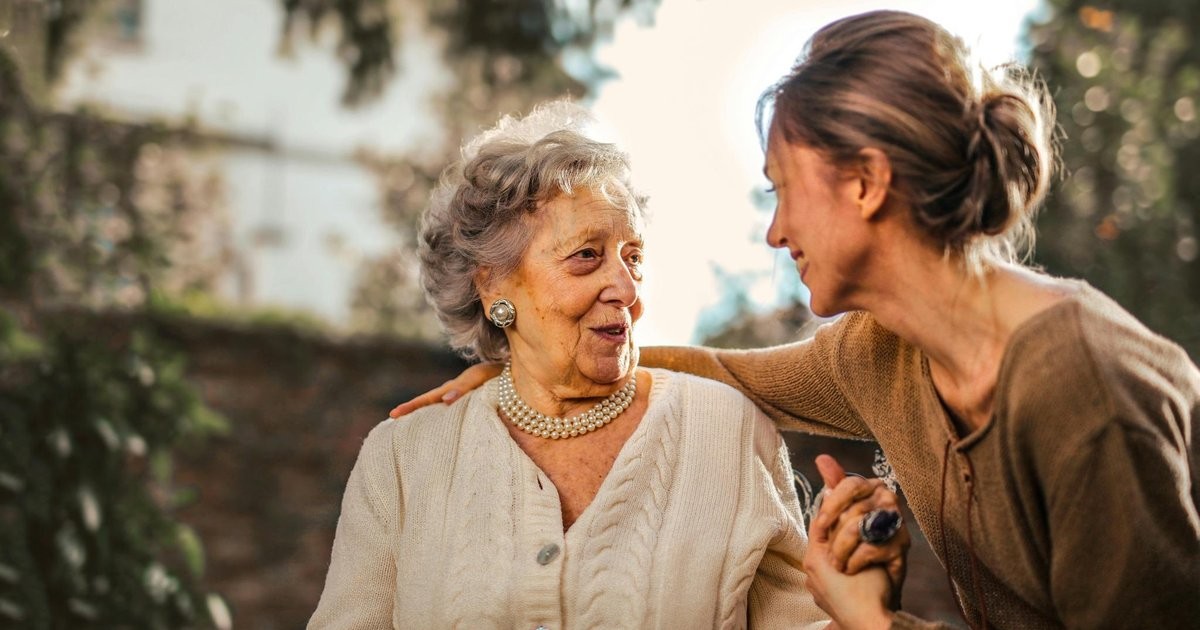Yes — and the need is quietly rising. All over the world, communities are experiencing a cultural shift in how we approach death, dying, and grief. As our populations age and medical systems become increasingly strained, more people are seeking support that goes beyond the clinical. They want human connection. They want to feel seen. They want continuity of care that meets their emotional, spiritual, and practical needs. This is where death doulas shine.
What’s driving this growing demand?
Several factors are converging. First, demographics: In Canada, the U.S., and many other countries, the Baby Boomer generation is reaching its elder years, and deaths are expected to outpace births within a generation. That means more families navigating serious illness, aging, and caregiving — often with little guidance or support. At the same time, hospice and palliative systems are overburdened and underfunded, with many people dying without ever accessing these services. Grief and death literacy remain low. Families feel isolated. People are yearning for something more humane and personal.
So where do death doulas come in?
Death doulas fill the gaps — and there are many. Whether offering bedside presence, planning support, MAiD navigation, grief companionship, or simply holding space during emotional conversations, doulas provide a compassionate layer of care that complements both medical and familial roles. You don’t need to be part of a healthcare team to make an impact. Doulas work privately, often one-on-one, and sometimes in collaboration with other care providers. They offer something rare: grounded presence, continuity, and time.
Different communities need different kinds of doulas.
The beauty of this work is that it’s adaptable. In urban areas, families may seek someone who can advocate and coordinate across busy systems. In rural settings, doulas might be one of the only non-medical supports available. Some doulas focus on death education or cultural rituals; others support underrepresented communities, faith-based groups, or those without close family. No matter where you are, your lived experience, language, and cultural context can make you the right person for your community.
Demand often becomes visible once people know doulas exist.
Many people don’t realize they can ask for a doula — simply because they haven’t heard of one. But when they learn, the lightbulb goes off. “Where were you when my mom was dying?” is something doulas hear often. Raising awareness — through conversations, workshops, or simply sharing your story — can lead to natural growth in interest and referrals.
You don’t need to wait for a job posting.
Unlike traditional healthcare careers, death doula work often begins with listening. What are the unspoken needs around you? Are caregivers overwhelmed? Are friends or colleagues quietly grieving? Are seniors feeling isolated or confused by end-of-life planning? If you begin responding to these needs — gently, respectfully — you’ll likely discover that there is already a place for this work in your life and community.
From private practice to volunteer roles, there are many paths forward.
Some doulas create small businesses, offering services on a fee-for-service basis. Others provide donation-based care or volunteer within hospices, hospitals, or communities of faith. There is no one right way to serve. The key is to begin — even if it’s with one person, one conversation, one moment of presence. That is how cultural change begins.
The need is real. And your presence can make all the difference. If you feel called to this path, know that your community likely needs you — even if they don’t know it yet.
Interested in becoming a certified death doula? Learn more about our online certification program.

